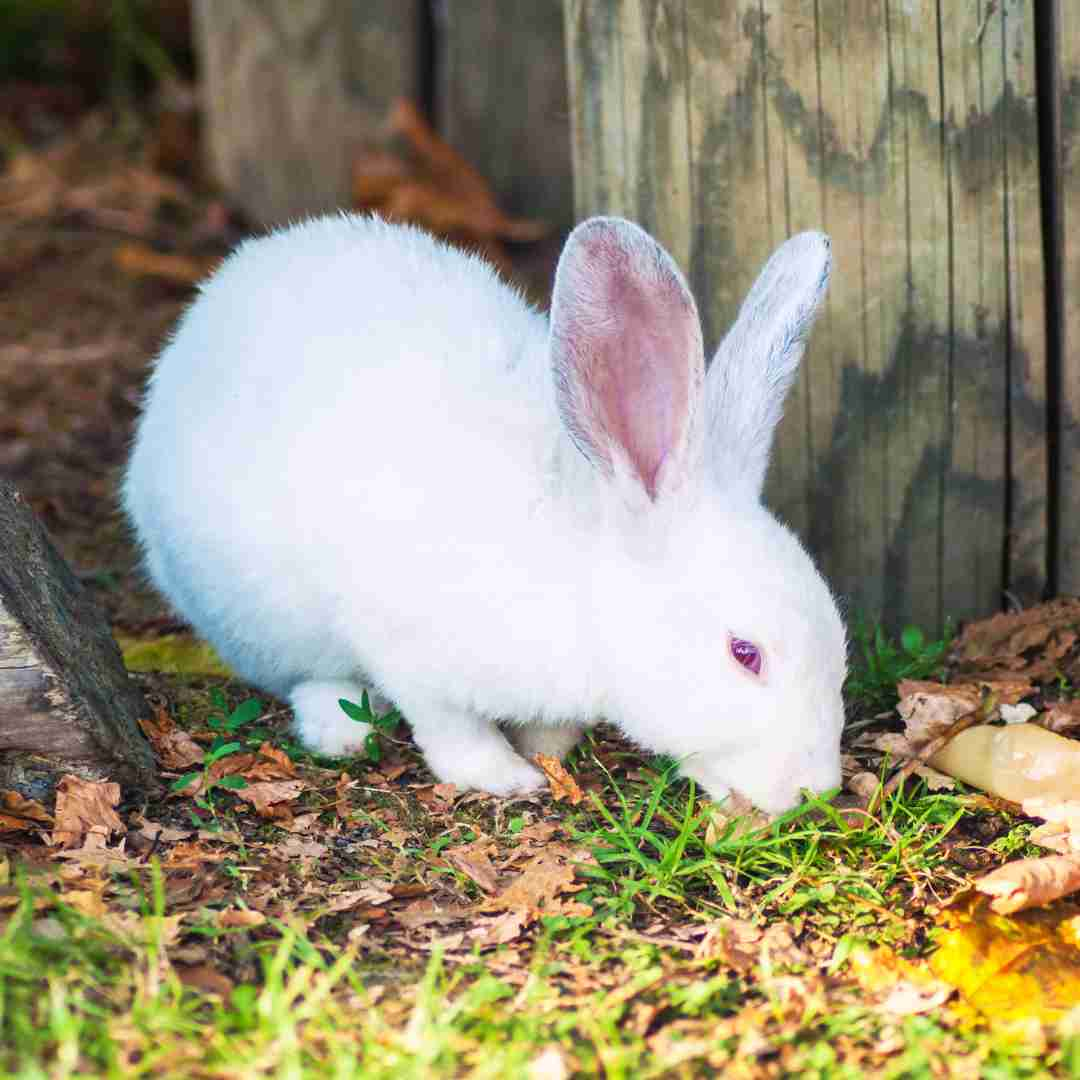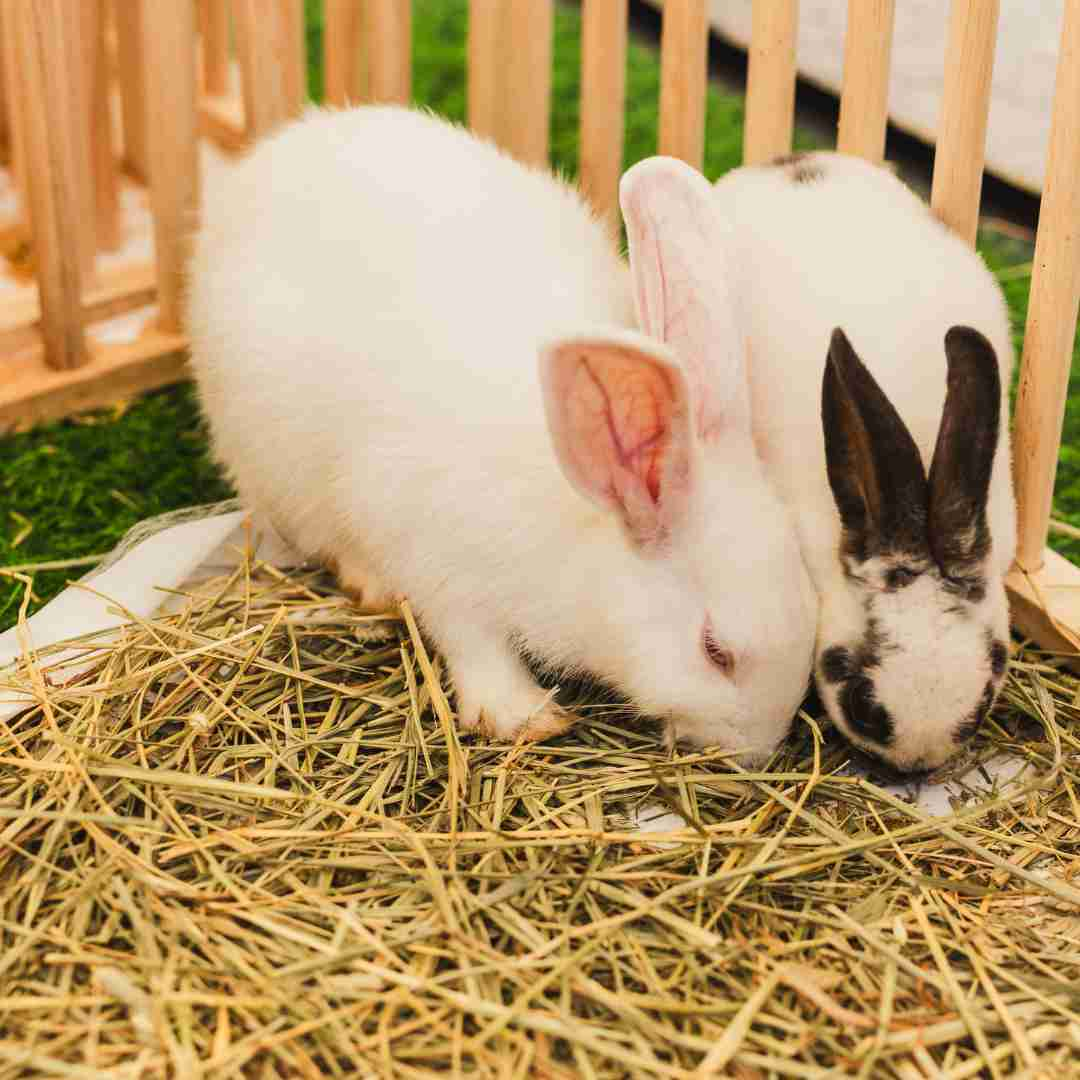Contents Table
Introduction
Warnings about feeding rabbits processed foods
Rabbit Dairy Feeding Risks
Feeding Rabbits Avocado Dangers
The Risks of Chocolate for Rabbits
Feeding Rabbits Onions and Garlic Risks
Q&A
Conclusion
Introduction
Rabbits make cute, cuddly pets. However, rabbits have special nutritional needs and should not eat certain items. This article explains why rabbits should not eat certain foods. We'll also offer rabbit nutrition advice.
Warnings about feeding rabbits processed foods
Owners of adored rabbits are inclined to pamper them to human delicacies. Many human foods are unsafe for rabbits, and feeding them the incorrect ones can be deadly.
Human foods like chips, crackers, and candies are bad for rabbits. High in fat, sugar, and salt, these foods can cause digestive, weight, and dental difficulties. Rabbits can also be poisoned by artificial colours, flavours, and preservatives in processed meals.
Rabbits are herbivores with digestive systems that process hay, grass, and other plants. Feeding them processed human foods can cause diarrhoea, bloating, and other digestive difficulties.
Feeding rabbits processed human diets may cause obesity. These high-calorie, low-fiber diets can fast make rabbits fat. This can cause heart disease, arthritis, and reproductive disorders.
Finally, processed human foods can damage rabbit teeth. Hard, crunchy meals can wear down rabbit teeth. This can cause unpleasant dental concerns like growing teeth and abscesses.
Although some human meals are safe for rabbits, processed foods should be avoided. High in fat, sugar, and salt, these foods can cause digestive, weight, and dental difficulties. For rabbit treats, use hay, grass, and other plant-based foods.
Rabbit Dairy Feeding Risks
Herbivores like rabbits eat plants. Milk, cheese, and yoghurt are unhealthy for rabbits. There are risks to feeding rabbits dairy products, even though some like them.
First, fat-rich dairy products can irritate rabbits' stomachs. Rabbits have sensitive digestive tracts and digestive issues. Overeating fat can induce diarrhoea, bloating, and other digestive difficulties. Rabbits cannot digest lactose, which is found in dairy products. Gas, bloating, and other digestive difficulties can result.
Second, dairy can upset a rabbit's diet. Healthy rabbits eat hay, fresh veggies, and a little pellets. Dairy products might upset a rabbit's nutritional balance. Nutritional deficits and other health issues can result.
Finally, rabbits can be allergic to dairy. Sneezing, skin irritation, and other symptoms are allergy symptoms. If your rabbit is sensitive to dairy, stop feeding them and get medical help.
In conclusion, rabbits should avoid dairy. Their consumption by rabbits might induce digestive issues, nutrition imbalance, and allergic reactions. Consult your vet before feeding your rabbit dairy products.
Feeding Rabbits Avocado Dangers
Avocados are popular with humans but not bunnies. Avocado may seem like a healthy treat for rabbits, but it can kill them.
Avocado leaves, fruit, bark, and seeds contain persin, a poison. This toxin can sicken rabbits and induce vomiting, diarrhoea, and dehydration. Sometimes it kills.
In addition to persin poisoning, avocados are heavy in fat and calories. This can cause obesity, heart disease, and liver damage in rabbits. Avocados are heavy in fibre, which might upset rabbits' digestion.
Avocados are hard for rabbits to digest. The fruit's hardness can induce life-threatening intestinal obstructions.
Avoid feeding rabbits avocado for these reasons. Choose rabbit-specific goodies like hay, fresh veggies, or specially prepared treats.
The Risks of Chocolate for Rabbits
Although humans love chocolate, rabbits are at risk. Chocolate includes theobromine, a rabbit-toxic stimulant. Chocolate can induce mild to severe symptoms and even death in rabbits.
Chocolate is made from cocoa beans, which contain theobromine. It's also in tea, coffee, and cola. Humans metabolise theobromine swiftly and safely. Theobromine can build up in rabbits and create major health issues since they lack enzymes to break it down.
Chocolate ingestion can cause vomiting, diarrhoea, elevated heart rate, convulsions, and death in rabbits. The amount of rabbit-toxic chocolate depends on the type and rabbit size. Dark and baking chocolate are the most harmful since they contain more theobromine. Even little amounts of these chocolates can poison rabbits.
If your rabbit eats chocolate, take it to the vet. Vomiting, activated charcoal to absorb toxins, and intravenous fluids may be used.
Avoid feeding your rabbit chocolate to keep them safe. Give your rabbit healthful snacks like hay, fresh veggies, and specially made treats. Avoiding chocolate helps your bunny be healthy and happy.
Feeding Rabbits Onions and Garlic Risks
Many recipes contain onions and garlic, which are toxic to rabbits. Avoid these veggies for rabbits since they are poisonous.
Onions contain thiosulphate, which causes rabbit anaemia. If untreated, this chemical can destroy red blood cells, causing deadly anaemia. Onions can also cause diarrhoea and vomiting.
Thiosulphate is found in garlic in higher proportions than onions. Anaemia, liver, and renal damage can result from garlic use. Garlic can also cause diarrhoea and vomiting.
Rabbits fed onions and garlic may develop behavioural issues in addition to health hazards. Rabbits may become aggressive, irritated, or inactive.
Before giving your rabbit any processed food, check labels because onions and garlic are in many meals, including baby food.
Finally, rabbits should avoid onions and garlic since they are toxic. Anaemia, liver and kidney damage, and gastrointestinal distress can result from eating these veggies. Additionally, they can alter rabbit behaviour. Thus, before feeding your rabbit, check labels carefully.
Q&A
1. What plants should rabbits avoid?
Potatoes, tomatoes, rhubarb, onions, garlic, and other nightshades should not be eaten by rabbits.
2. What fruits should rabbits avoid?
Bunnies should avoid citrus fruits including oranges, lemons, limes, and avocados, which are poisonous.
3. What cereals should rabbits avoid?
Grains like wheat, oats and maize are not natural for rabbits and should be avoided.
4. What nuts should rabbits avoid?
Nuts are heavy in fat and might cause intestinal issues in rabbits.
5. Which dairy items should rabbits avoid?
Milk, cheese, and yoghurt are not natural for rabbits, so they should not eat them.
Conclusion
Finally, rabbits should not eat processed food, chocolate, coffee, alcohol, dairy, or human food. Avoid sugary, fatty, and salty foods. Rabbits should eat hay, fresh vegetables, and a little pellets. It's crucial to feed rabbits the correct diet to avoid significant health issues.
